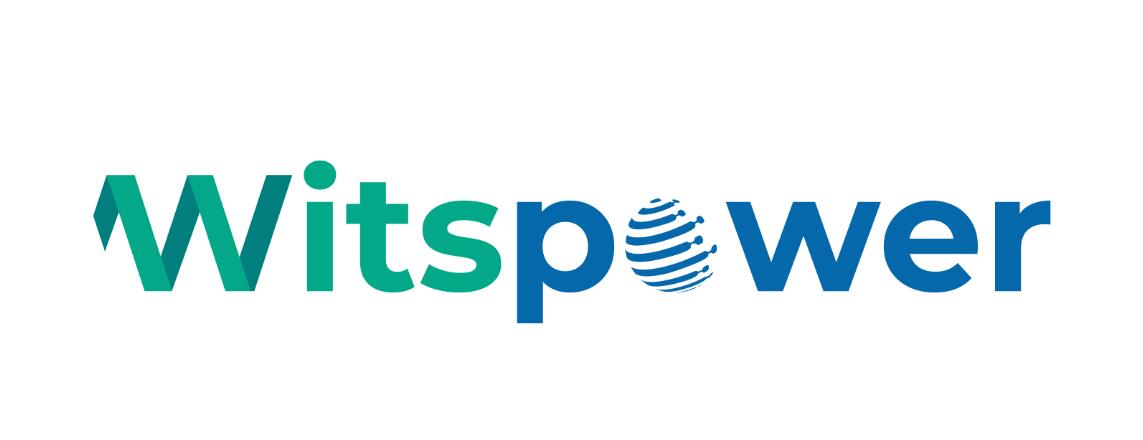Glutathione is a powerful antioxidant found in every cell of the human body, playing a critical role in various biological functions, including detoxification, immune response, and cellular repair. Given its paramount importance in maintaining overall health, understanding natural sources of glutathione is essential for promoting optimal bodily function and mitigating oxidative stress-related diseases.
Experts in nutrition and health emphasize that while the body produces glutathione naturally, dietary sources can significantly enhance its levels. Foods rich in sulfur, such as garlic, onions, and cruciferous vegetables like broccoli, Brussels sprouts, and kale, are excellent for boosting glutathione production. These foods contain amino acids, particularly cysteine, that are vital for the synthesis of glutathione. Experienced nutritionists recommend including these foods in your daily diet to aid in the maintenance of healthy glutathione levels.
Additionally, fruits and vegetables high in vitamin C and E play a crucial role in preserving the body’s glutathione reserves. Citrus fruits, strawberries, kiwi, and leafy greens can help recycle glutathione and enhance its effectiveness. Incorporating these nutrient-dense options promotes not only glutathione synthesis but also overall health through their antioxidative properties.
Another noteworthy source of glutathione is whey protein. Rich in the amino acids necessary for glutathione synthesis, whey protein supplements are recommended by health professionals for those seeking an efficient way to boost their levels, particularly for athletes or individuals engaged in strenuous physical activity.
Furthermore, certain nuts and seeds, such as sunflower seeds and walnuts, offer essential nutrients that support glutathione metabolism. Nutritional guidance often highlights the importance of a well-balanced diet that combines these glutathione-boosting foods, as they not only contribute to higher antioxidant levels but also support general health and well-being.
Incorporating dietary strategies with antioxidant-rich foods and supplements can foster increased glutathione levels, thereby enhancing the body's ability to combat oxidative stress and inflammation. Consultation with healthcare or nutrition experts can provide tailored advice to optimize glutathione intake according to personal health needs.
In conclusion, understanding the various natural sources of glutathione empowers individuals to take control of their health through dietary choices. By focusing on foods known for their glutathione-boosting properties, anyone can more effectively support their body’s natural defenses and overall vitality.
